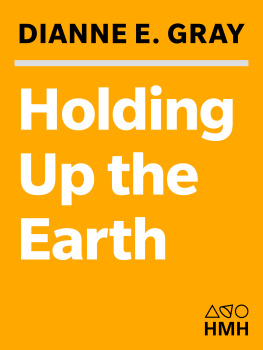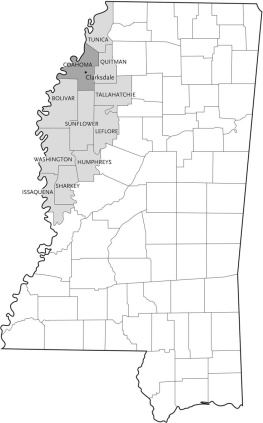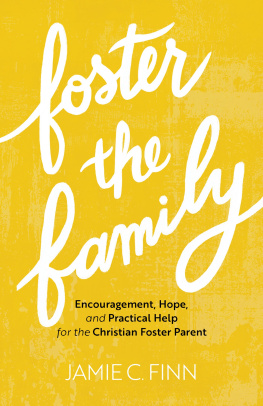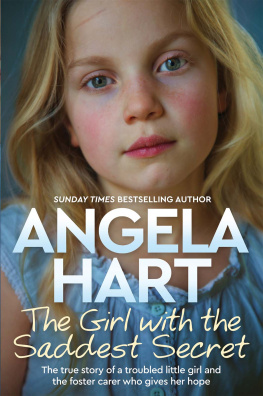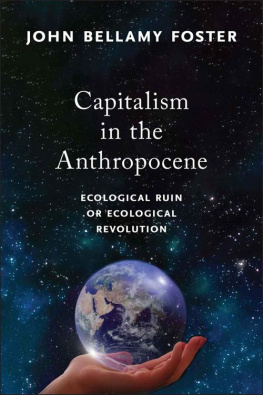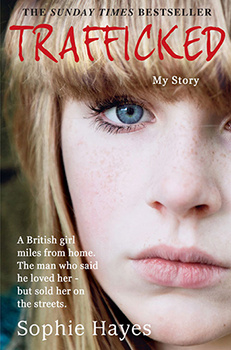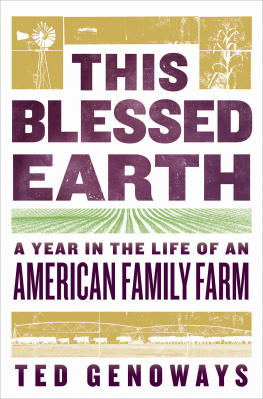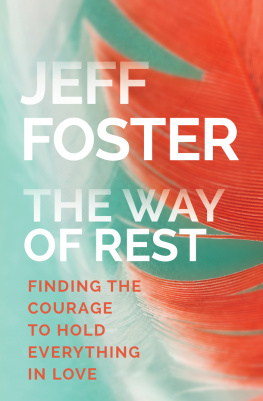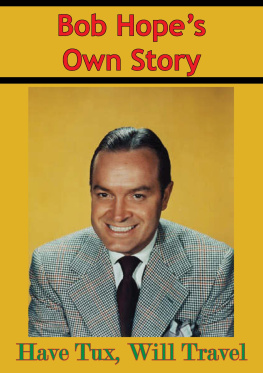Calling Myself Home, a poem by Linda Hogan, published in her book Red Clay (1991), was excerpted with the permission of The Greenfield Review Press, Greenfield Center, New York.
Copyright 2000 by Dianne E. Gray
All rights reserved.
For information about permission to reproduce selections from this book, write to Permissions, Houghton Mifflin Harcourt Publishing Company, 215 Park Avenue South, New York, New York 10003.
www.hmhco.com
The Library of Congress has cataloged the print edition as follows:
Gray, Dianne E.
Holding up the earth / by Dianne E. Gray
p. cm.
Summary: Fourteen-year-old Hope visits her new foster mothers Nebraska farm and, through old letters, a diary, and stories, gets a vivid picture of the past in the voices of four girls her age who lived there in 1869, 1900, 1936, and 1960.
HC ISBN 0-618-00703-2 PA ISBN 0-618-73747-2
[1. Farm lifeNebraskaFiction. 2. Frontier and pioneer life NebraskaFiction. 3. NebraskaFiction. 4. Foster home careFiction. 5. Mothers and daughtersFiction. 6. LettersFiction. 7. DiariesFiction.] I. Title.
PZ7.G7763Ho 2000
[Fic]dc21
99-052637
eISBN 978-0-547-99616-5
v2.0314
For my daughters, Leanne and Shelley
Acknowledgments
Heartfelt thanks to: my professors in the MALS program at Hamline University, especially Mary Franois Rockcastle, who encouraged and inspired me to grow an idea into a book; Kirsten Dierking and Kay Korsgaard, fellow writers and enduring friends, who graciously read and commented on every draft; and Amy Flynn, the champion and editor of this book, whose keen eye and illuminating questions helped me to weed the thorny thistle from the wildflowers.
If you wish to visit this books Web site, you will find it at: www.prairievoices.com.
This land is the house
we have always lived in.
The women,
their bones are holding up the earth.
Linda Hogan, from
Calling Myself Home
One
New digs. This was a thing my mother had always said when we packed our stuff and moved to a new place, which before the accident wed done more times than I have fingers to count. But the only thing new to these digs was me. Sarah, my latest foster mom, and I had arrived at Annas farm earlier that day. For Sarah, the move from Minnesota to Nebraska meant a homecoming. For me, the move was just another going-away.
Muffled voices rose through the heat grate in the bedroom floor: Sarahs voice, then Annas voice, blending so rhythmically they sounded as if they were singing rounds in a mother-daughter song. Id been down there a few minutes before, sitting with them at the kitchen table, listening as they reminisced about old times. But Sarah had kept trying to draw me into their conversation, so Id excused myself by saying I wanted to unpack.
I shifted their voices to the background and pulled my backpack into my lap. Id had the backpack for a long time and never went anywhere without it, never. As a result, it was pretty beat-up. A large safety pin held one of the shoulder straps in place; a strip of duct tape bandaged a gash in Garfields smile. Carrying a kids backpack hadnt won me many friends, especially after Id entered middle school. I didnt care. My mother had bought the backpack for me the week before I started first grade. She had tried to talk me into choosing one of the plainer, more practical ones on display at Target, but Id said Id just die if I didnt have the bright red one. On the way home from that shopping trip, our car was broadsided by a drunk driver. I didnt die, but my mother did.
After tugging open the stubborn zipper, I began to pull my memories from the backpack: the speckled stone Id accidentally pitched through the window at one foster home, the front-door key from another, a joker from the deck of cards Id learned to play solitaire withone item from each of the seven foster homes Id lived in. I always chose something small and portable, but something that held special meaning, like the small flashlight Id used the night of my first dream search. Though I took these things without permission, I always left something of mine in their placea picture I had drawn, a lopsided toothpick sculpture, one of my baby teeth.
Next out were my earth-finds: a cameo pin Id discovered while sifting through the dirt at a downtown Minneapolis excavation site; the glass eye Id pried out of the mud along the Mississippi River; and the silver spoon Id found while sorting through the rubble of an old house that was being torn down. The oldest of these earth-finds, a triangular pottery shard, dated back to the summer before my mother died. Id dug up the shard with my plastic shovel, somewhere in New Mexico, on a trip my mother had saved two years worth of waitressing tips to take. That had been her dream, someday to save enough money so she could go to college and become a real archaeologist.
Last out, as always, was the Ziploc bag. Inside the bag was yet another bag, and inside the inside bag was a handful of dove gray ashes. I closed my eyes and pressed the bag against my cheek, hoping this time Id be able to remember my mothers face. This part of my nightly ritual was getting harder. Id been six when she died, and Id just turned fourteen. Shed been ashes for more years than shed been my living, breathing mother.
There had been more of her in the beginning, but the urn was heavy and my hands were small. Shortly after being placed in my first foster home, Id dropped the urn, and the ashes had poured onto the floor. I was frantically spooning my mother back into the urn when my foster mom walked into the room. After she helped me scoop most of the ashes up, she pulled me into her lap and, with a caring voice, said it was time I chose a place for my mother to rest. The next day my foster mom drove me around for what seemed like hours, until I spotted an open space near a small creek. In the space grew clumps of tall white flowers, snowflake shaped, which my foster mom said were Queen Annes lace. And there were butterflies, monarchs, dozens of them, their flight like a ballet as I tearfully released all but a baggie full of ashes into the air. Though I dreamed of that field, searched for it whenever I could, in daylight and in dark, I never found it again.
There were other things in my backpack, everyday things like a comb and lip gloss, things I took out only when I needed them. And there was one thing, buried at the bottom, which I hadnt taken out in yearsa copy of my birth certificate, with its glaring blank space where the name of my father should have been.
I had just stuffed the last of my memories into the backpack when I heard footsteps on the stairs, then footsteps coming down the hall.
Hope, may I come in? Sarah asked.
Its your room, I answered.
Sarah stepped in. Not anymore. This is your room now. And we must do some redecorating. This place is like a museum of the sixties.
Its you, I said, forcing a smile.
In another life.
Sarah moved about the room, stopping for a moment in front of each of the posters that dotted the walls. One read, Make Love, Not War. On another, a brilliant white peace symbol leaped out of a black background. And there was one of the Beatles smiling from under nerdy hair.
The next time we drive into Prairie Hill, youll have to choose some posters of your own.
I like the room the way it is, I said.
Sarah turned to me and smiled. Are you sure?
I nodded.
I did like the room the way it was, but not because of the posters or the pink-and-white quilt that was spread over the bed. I liked the room because it was a place where memories didnt have to be hidden to be safe. Besides, if things didnt work out, I wasnt big on the idea of leaving too much of myself behind.
Mom and I are planning to get an early start in the meadow, and we were hoping youd join us. Its especially beautiful there this time of year.
Next page
